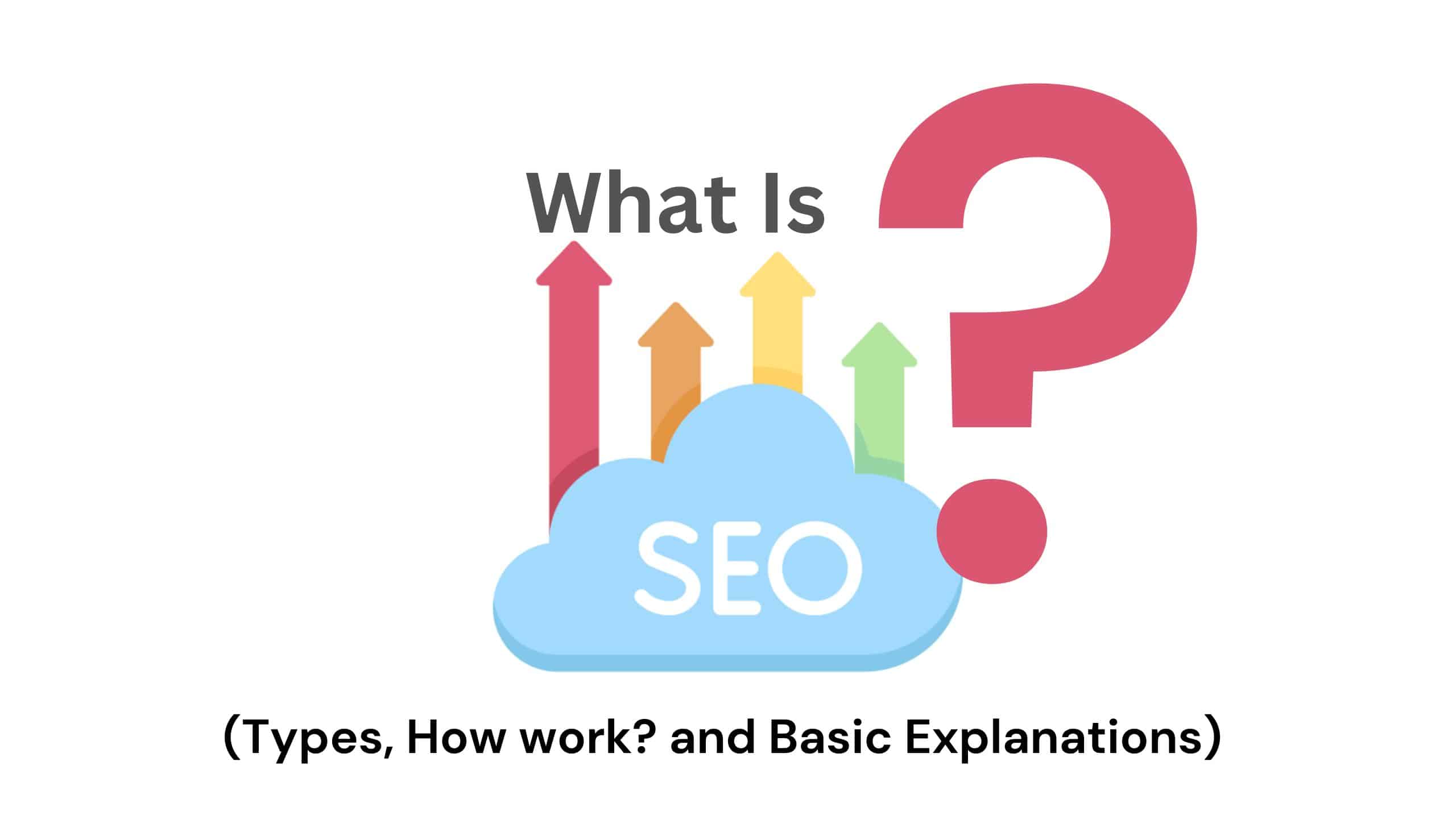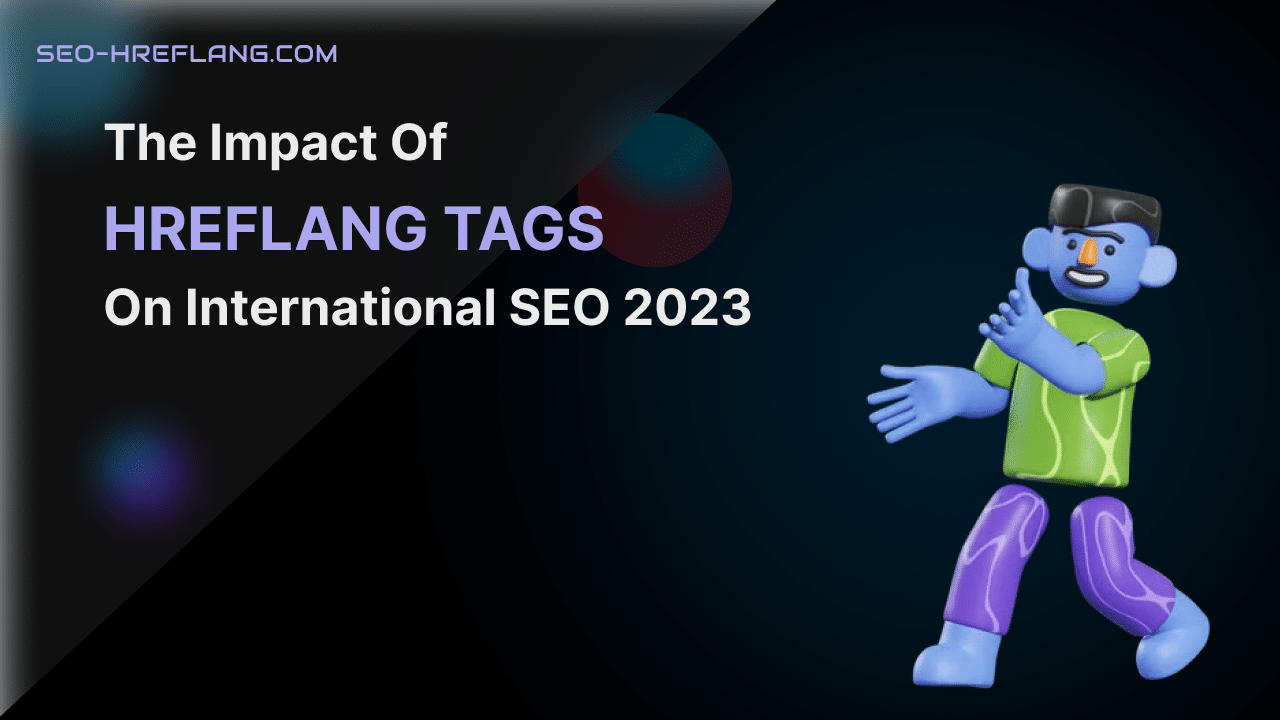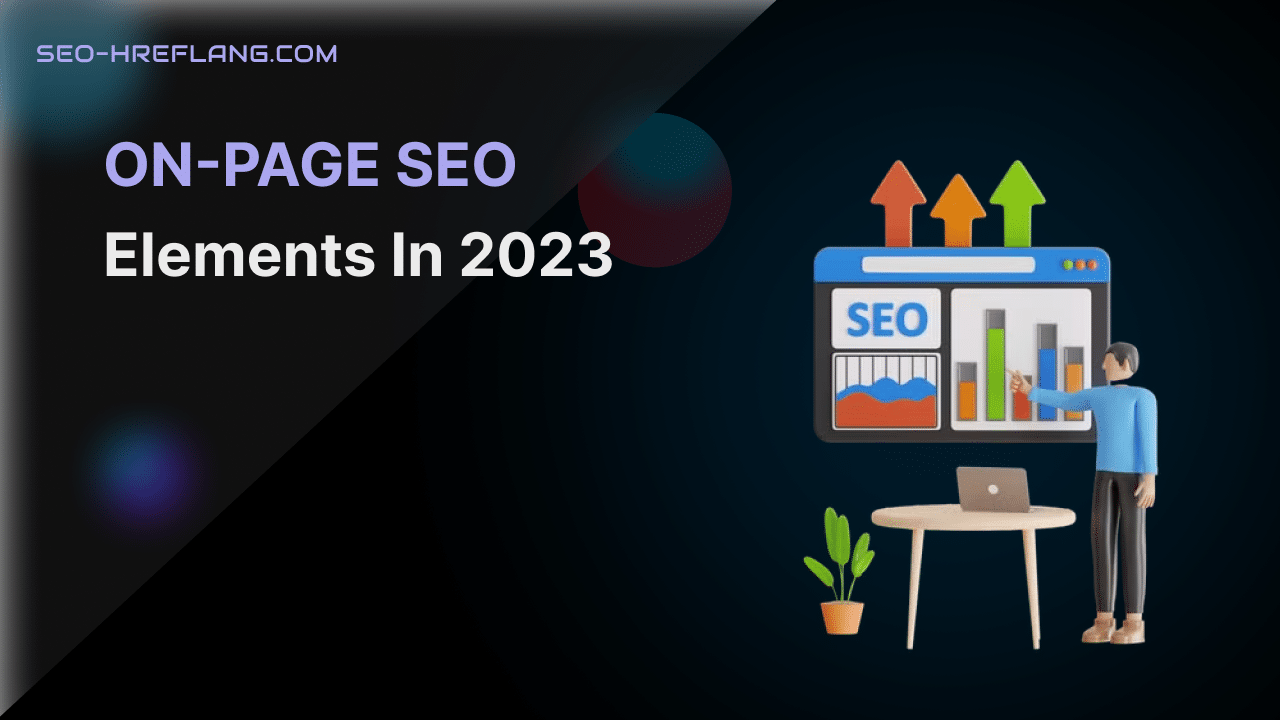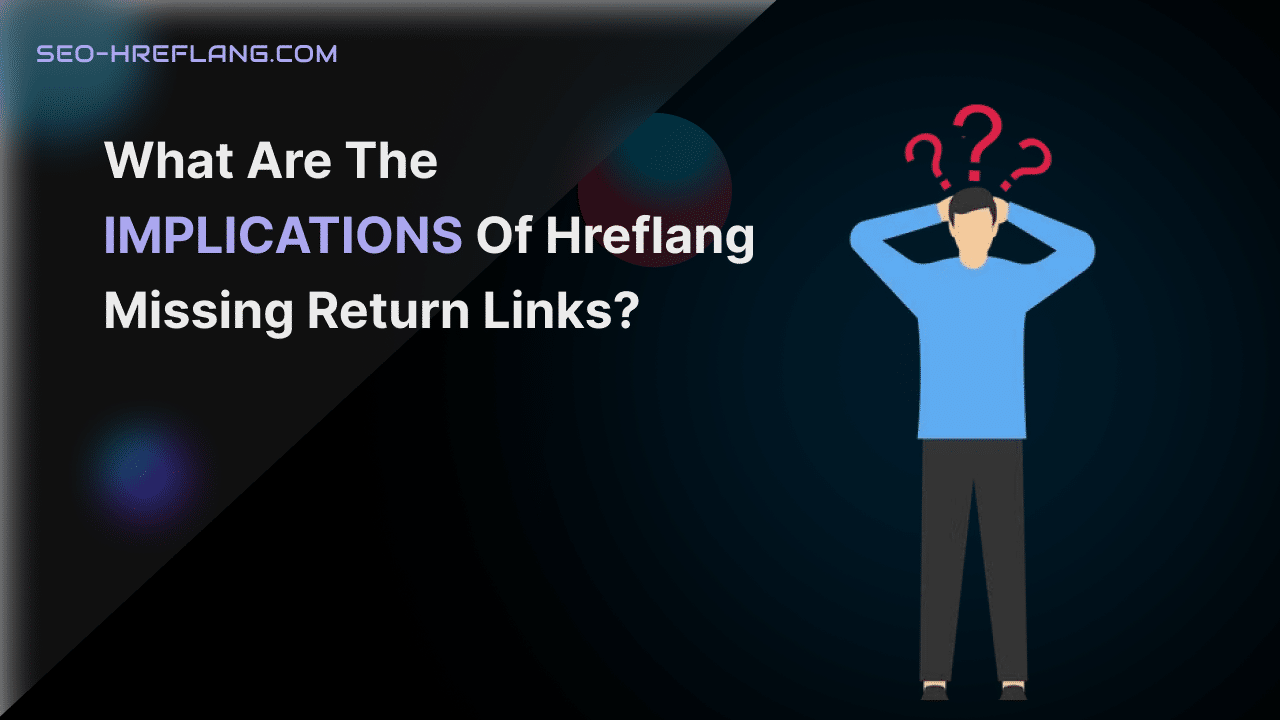Hreflang tags are an essential part of any international SEO strategy, but incorrect implementation can result in serious consequences for your website’s visibility and rankings. In this post, we’ll explore the impact of incorrect hreflang tags on your SEO strategy and discuss how to identify and fix common errors.
1. Poor International Targeting:
Hreflang tags are essential for international SEO as they help search engines understand the language and geographic targeting of your website. When these tags are incorrect or missing, search engines may misinterpret the intended audience, resulting in poor international targeting. This can lead to your website appearing in search results for the wrong language or country, negatively impacting user experience and reducing organic traffic from the targeted regions.
2. Duplicate Content Issues:
One of the primary purposes of hreflang tags is to prevent duplicate content problems. When implemented correctly, hreflang tags signal to search engines that different language versions of your website should not be considered duplicate content. However, if these tags are incorrect or missing, search engines may treat each language version as separate pages, leading to duplicate content issues. This can result in lower search rankings, reduced visibility, and a waste of crawl budget.
3. Inaccurate Language and Country Display:
Incorrect hreflang tags can cause search engines to display incorrect language and country versions of your website in search results. Users who click on these links may be directed to pages that don’t match their language preferences or location, leading to a frustrating user experience. This can result in high bounce rates, lower engagement, and a negative impact on your SEO efforts.
4. Keyword Confusion:
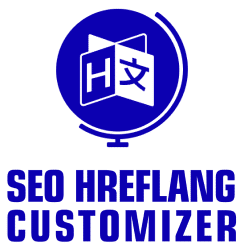
When hreflang tags are incorrect, search engines may struggle to understand the language and country targeting of your content. This can lead to keyword confusion, where search engines may index your pages for the wrong language or region. As a result, your website may not rank well for relevant keywords in the intended target audience, reducing your organic search visibility and traffic.
5. Reduced Organic Traffic:
Incorrect hreflang tags can have a direct impact on your organic traffic. When search engines are unsure about the language and country targeting of your content, they may not prioritize your website in search results for the desired audience. This can result in lower organic traffic from specific regions or language speakers, limiting your reach and potential customer base.
6. Lower Search Rankings:
Inaccurate hreflang tags can negatively impact your search rankings. When search engines encounter conflicting or incorrect hreflang signals, they may struggle to determine the most relevant language and country targeting for your website. This can lead to lower rankings in search results, reducing your visibility and making it harder for users to find your website.
7. Backlink Dilution:
Backlinks are a crucial factor in SEO, as they contribute to your website’s authority and rankings. However, incorrect hreflang tags can dilute the value of backlinks. If different language versions of your content receive backlinks from external sources but lack proper hreflang annotations, the link equity may not be consolidated correctly. This can result in reduced overall link authority and suboptimal SEO performance.
8. Negative User Experience:
Incorrect hreflang tags can lead to a poor user experience. When users click on search results expecting content in their preferred language or region and are instead directed to the wrong version, they may quickly leave your website. High bounce rates and low engagement metrics send negative signals to search engines, indicating that your content may not be relevant or valuable to users. This can impact your search rankings and overall SEO strategy.
9. Decreased Time-on-Site:
Inaccurate hreflang tags can contribute to decreased time-on-site metrics. When users land on pages that are not in their preferred language or country, they are more likely to leave quickly, leading to shorter average session durations. Search engines consider user engagement metrics as indicators of content quality and relevance. If users spend less time on your site due to incorrect hreflang tags, it can negatively impact your SEO performance.
10. Impaired Conversion Rates:
Hreflang tags can influence conversion rates on your website. If users are directed to pages in languages they don’t understand or countries they don’t reside in, it can create confusion and mistrust, making them less likely to convert. Conversion rate optimization relies on providing a seamless and personalized user experience, which can be compromised by incorrect hreflang tags.
11. Inefficient Crawl Budget Allocation:
Search engines allocate crawl budget to websites based on their perceived importance and potential to provide valuable content. When hreflang tags are incorrect, search engines may waste crawl budget on indexing duplicate or irrelevant content. This can result in search engines crawling and indexing the wrong language or country versions of your site, leaving less budget for important pages. As a result, your most valuable content may not be crawled and indexed as frequently, affecting your search visibility.
12. Missed Localization Opportunities:
Accurate hreflang tags enable you to provide localized content to specific regions or language speakers. By failing to implement hreflang tags correctly, you miss the opportunity to optimize your content for local search queries and engage with your target audience effectively. This can hinder your ability to expand into new markets, connect with local users, and fully leverage the potential of international SEO.
13. Challenges in Analytics and Reporting:
Incorrect hreflang tags can complicate analytics and reporting. If the language and country targeting are not accurately reflected in your analytics data, it becomes challenging to track and measure the performance of specific regions or language versions. This can hinder your ability to make data-driven decisions, optimize your SEO strategy, and assess the effectiveness of your international targeting efforts.
14. Impacted User Trust and Brand Reputation:
Inaccurate hreflang tags can harm user trust and your brand reputation. When users repeatedly encounter incorrect language or country versions of your website, it can create confusion and frustration. This can undermine the trust users have in your brand, leading to a negative perception and potentially damaging your long-term reputation.
15. Costly Revisions and Maintenance:
Lastly, incorrect hreflang tags can lead to additional costs and maintenance efforts. When errors are identified, you may need to revise and update your hreflang implementation across multiple pages and language versions. This can be time-consuming, resource-intensive, and may require the involvement of developers or SEO professionals. Failing to address these issues promptly can perpetuate the negative impact on your SEO strategy.
Incorrect hreflang tags can have a significant impact on your SEO strategy, resulting in lost traffic, lower rankings, and reduced visibility. By understanding the common errors and best practices for hreflang implementation, you can avoid these issues and ensure your website is effectively reaching users in different languages and regions.


